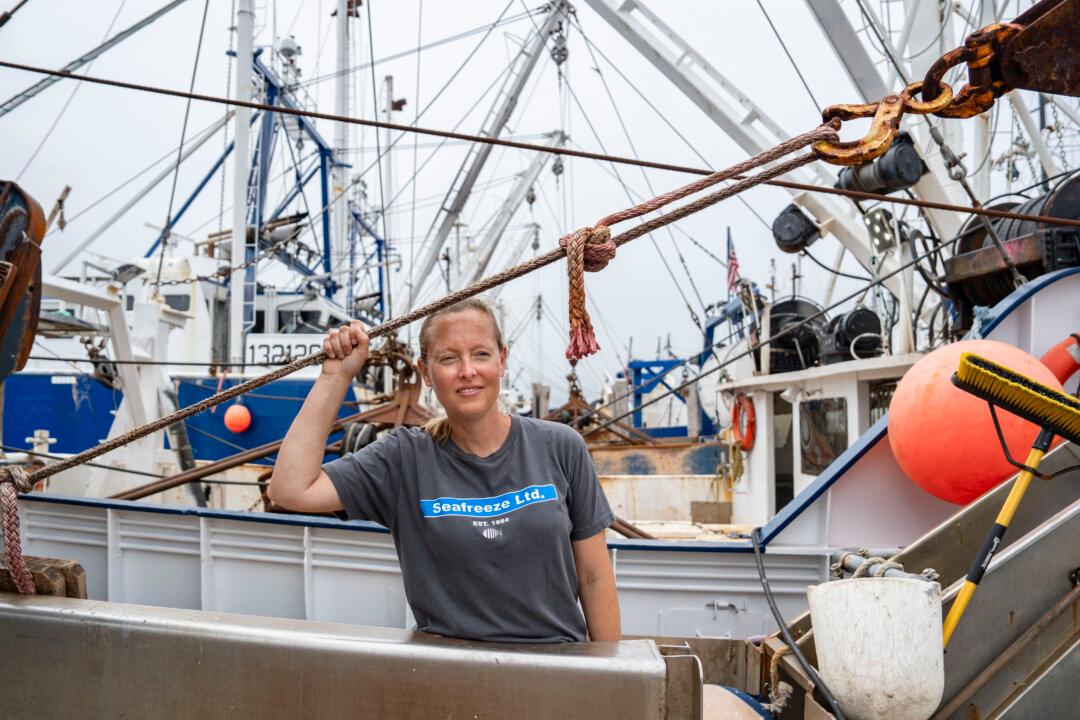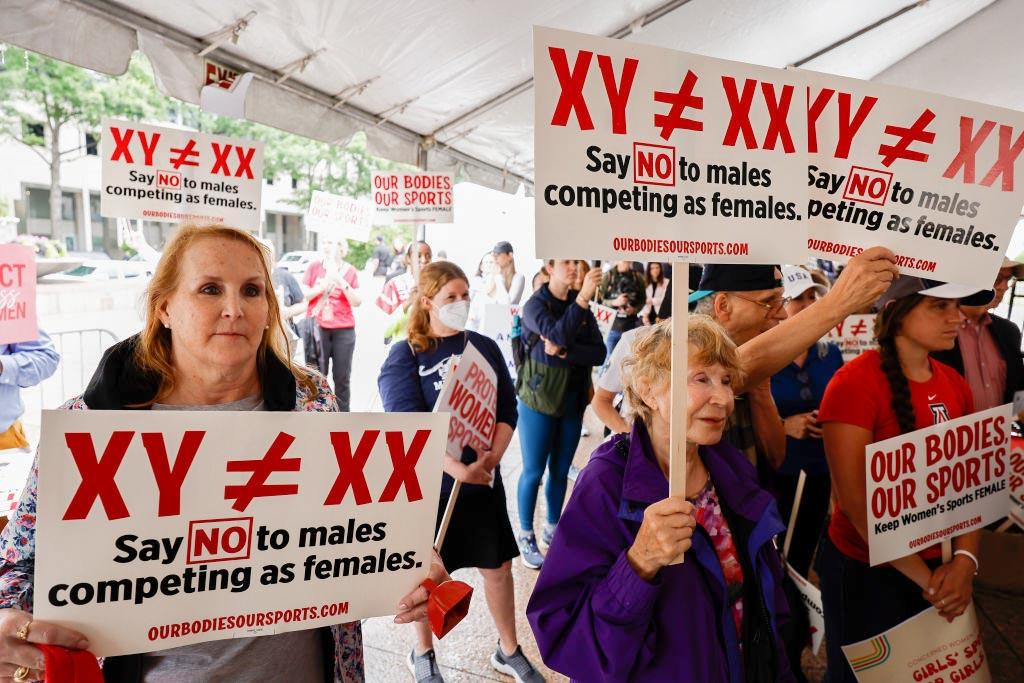In a session rife with momentous decisions, one of the most consequential made by the Supreme Court recently has humble origins on the decks of New England fishing boats.
After years of operating in one of the most regulated industries in the nation, New England herring boat operators challenged the federal government’s power.





